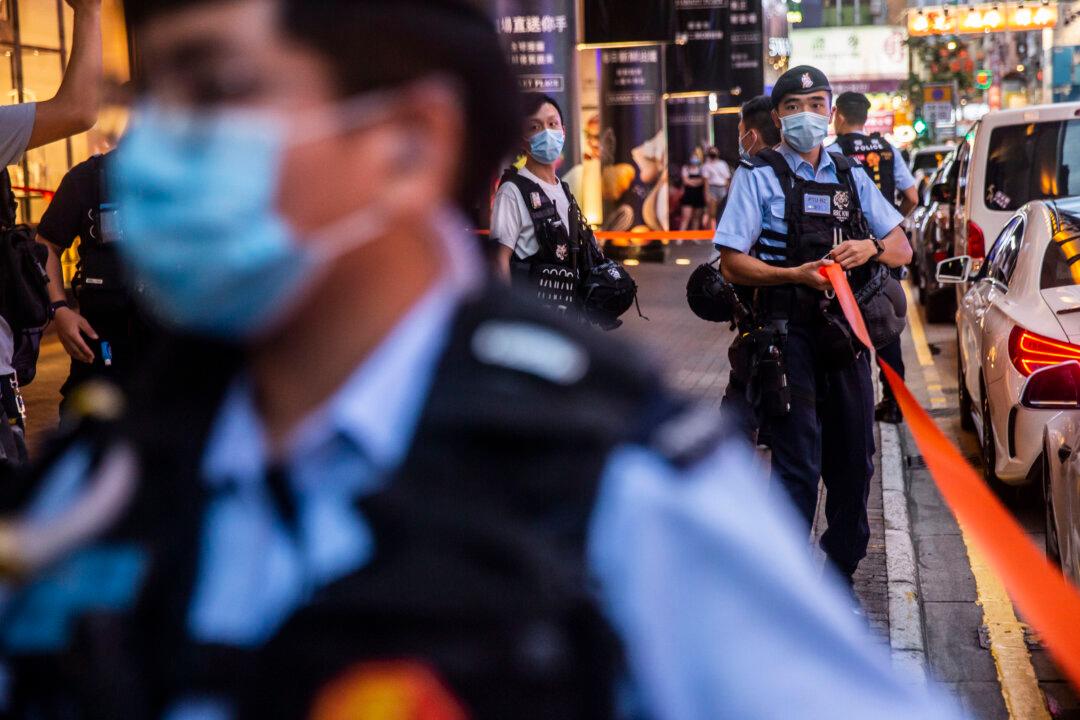Two reporters with The Epoch Times’ Hong Kong edition said they were being followed by suspected security agents after spotting an unusual person and a police car around them in recent days.
The local Epoch Times is one of only a handful of independent media outlets in Hong Kong, with most media holding pro-Beijing stances or being partially funded by Beijing.





